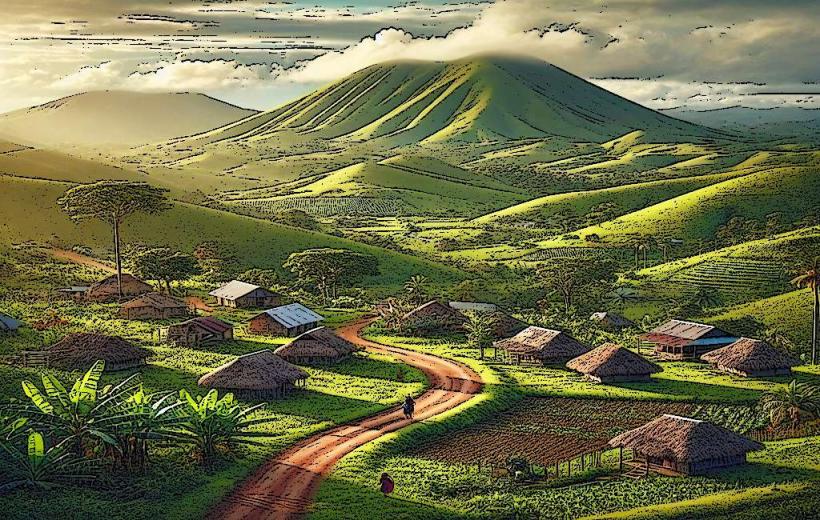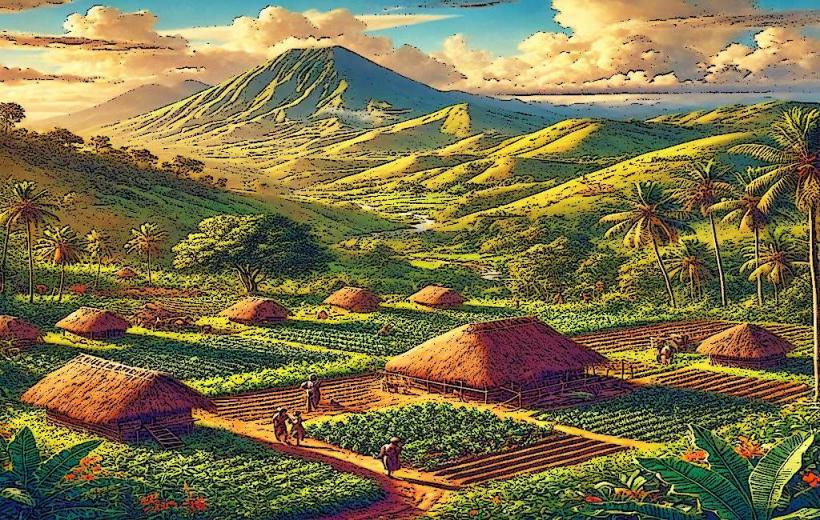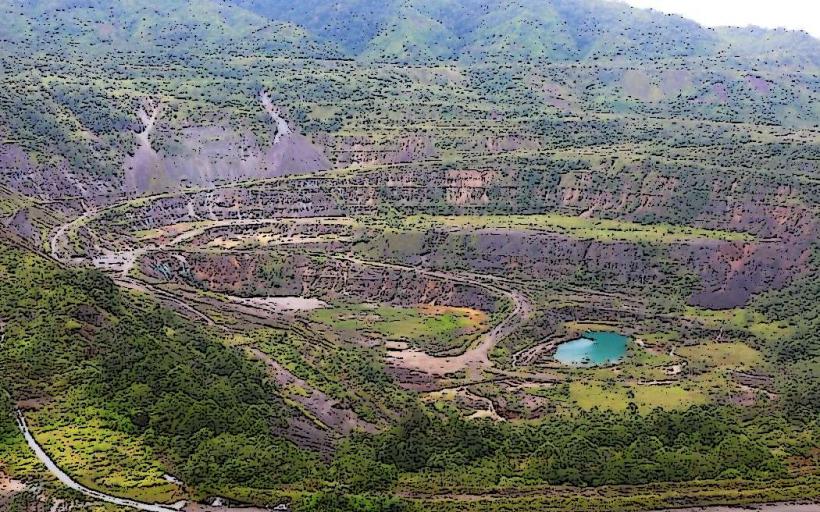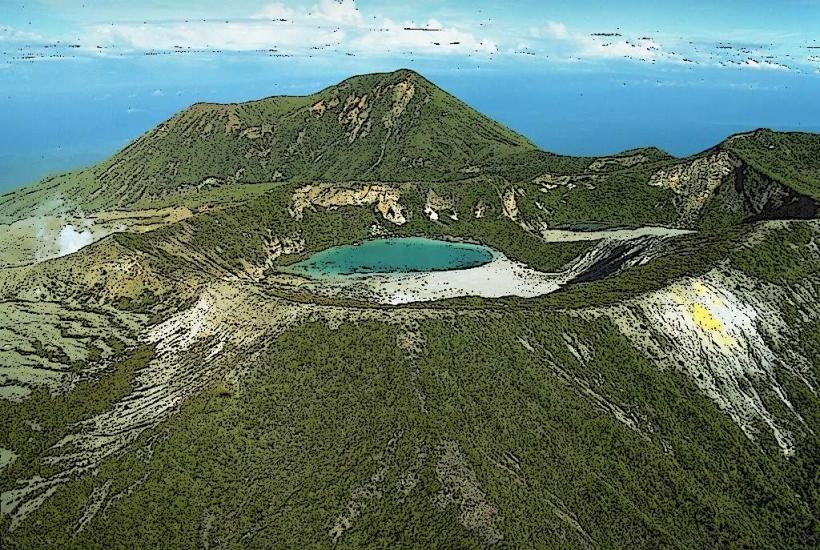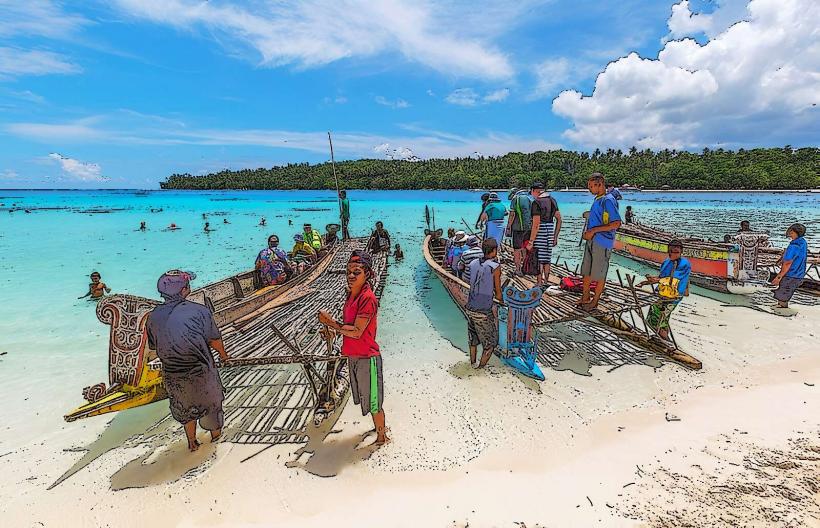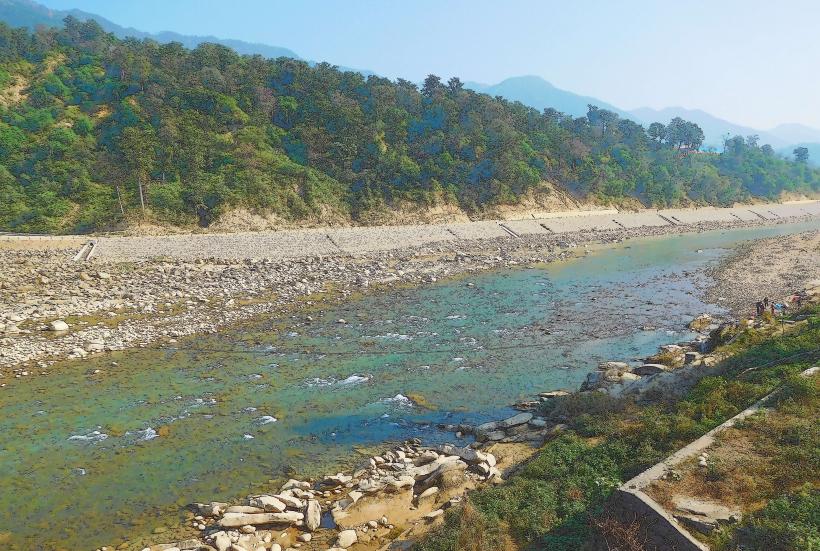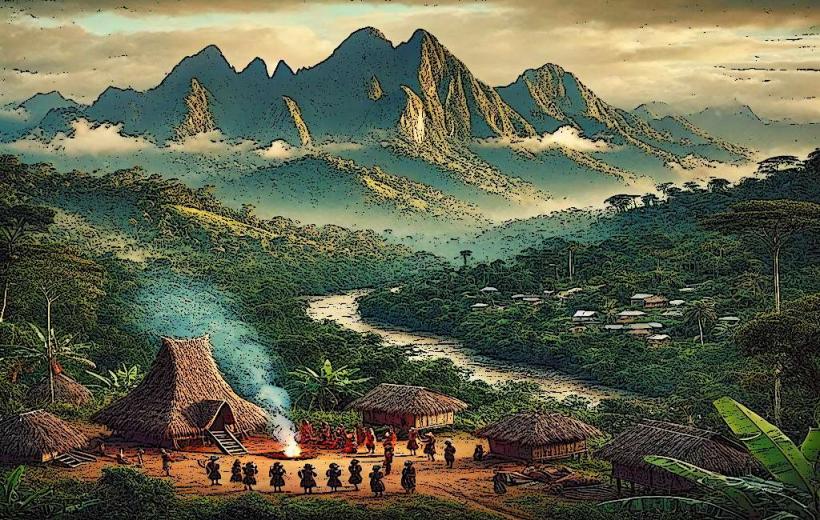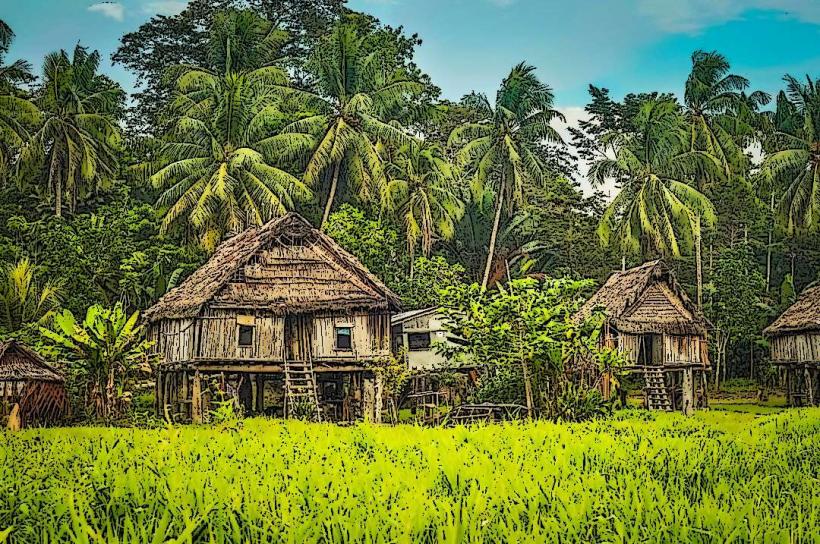Information
Landmark: VunapopeCity: East New Britain
Country: Papua New Guinea
Continent: Australia
Vunapope is a village located in the province of East New Britain on the island of New Britain, Papua New Guinea. It is situated on the northeastern coast of the island, near the town of Rabaul, which is known for its historical significance, particularly in the context of World War II.
Here are some key aspects of Vunapope:
Historical and Cultural Significance:
Missionary History: Vunapope is known for its historical connection to Christian missionary work. The Catholic Church played a significant role in the development of the village, particularly through the establishment of a Catholic mission in the area. The Vunapope Mission Station was founded in the early 1900s by Catholic missionaries, primarily from the German and Australian congregations, which laid the groundwork for the village's strong religious and educational traditions.
War History: During World War II, the region around Vunapope, including nearby Rabaul, was an important strategic location. The area saw significant military activity, particularly when the Japanese occupied Rabaul. The presence of Australian and Allied forces in the region led to battles and bombings that affected local villages like Vunapope. The remnants of this history are still visible in the form of war memorials, old fortifications, and artifacts found around the area.
Geography and Natural Beauty:
Volcanic Landscape: The village is set against the backdrop of the Rabaul caldera, an area known for its volcanic activity. The region has several active volcanoes, including Mount Tavurvur, which erupted dramatically in 1994, causing significant destruction to Rabaul and affecting nearby settlements like Vunapope.
Tropical Climate and Biodiversity: Like much of Papua New Guinea, Vunapope experiences a tropical climate, which supports lush vegetation and rich biodiversity. The surrounding forests are home to various species of wildlife, while the nearby coast provides access to marine environments for fishing and tourism.
Economic and Social Life:
Agriculture: Agriculture is a key part of the local economy, with villagers growing crops like taro, sweet potatoes, and coconuts. The fertile soil in the region, aided by volcanic ash, supports the cultivation of these and other crops.
Fishing: The coastal location of Vunapope allows for fishing to be another important aspect of daily life and livelihood for the local population. Small-scale fishing is an integral part of the community's sustenance and economic activity.
Community and Cultural Events: The village is also known for its cultural heritage, with various traditional practices and ceremonies still maintained. The Catholic Church plays a central role in the spiritual and communal life of the village, and various religious events and festivals are important to the community.
Modern-Day Vunapope:
Tourism: While the area isn't as developed as larger cities in Papua New Guinea, Vunapope is of interest to those exploring the region's natural beauty and historical significance. It is close to Rabaul, which attracts visitors interested in volcanic landscapes, World War II history, and marine exploration.
Development Challenges: Like many rural areas in Papua New Guinea, Vunapope faces challenges related to infrastructure, healthcare, and education. However, the village remains an important center for the local community and continues to be shaped by its historical and cultural heritage.
Vunapope's unique combination of history, natural beauty, and cultural significance makes it an interesting location within the context of East New Britain and Papua New Guinea.

